Activism
Reina Hartmann
Reina Goldstein Hartmann focused her career on improving the lives of Jewish women in her native Chicago, serving as the leader of the Mothers Aid of the Chicago Lying-In Hospital and Dispensary as well as other organizations.
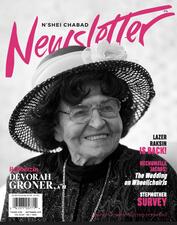
Hasidic Women in the United States
Hasidism
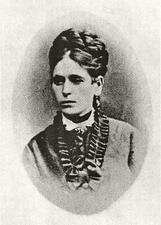
Haskalah Attitudes Toward Women
Just as the many well-known thinkers of the Enlightenment debated the proper role of women in society, so did the maskilim, the men of intellect who burst upon Ashkenazi Jewish society in the eighteenth- and nineteenth-century revolution known as Haskalah. Dominated by men, the movement critiqued Jewish tradition and encouraged modernity among Jews, but simultaneously met Jewish women’s pursuit of modernity with ambivalence.
Haskalah Literature: Portrayal of Women
The image of women in Haskalah literature reflects the relationship between the sexes in eighteenth- and nineteenth-century Ashkenazi Jewish society and European culture. But Haskalah writers wished to shape new patterns of male-female relationships among their reading public; to change, at least partly, the attitude of men towards women; and to ‘improve’ women’s conduct within the home and community.
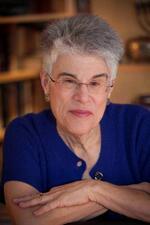
Judith Hauptman
The first woman to receive a PhD in Talmud, Judith Hauptman has made significant contributions to the academic study of the origins and development of the works of the “canon” of rabbinic literature of Late Antiquity. A second prominent focus of both Hauptman’s scholarly and other work has been Jewish feminism and the status of women in rabbinic and related literature, particularly exemplified in her best-known work, Rereading the Rabbis: A Woman’s Voice.
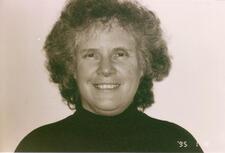
Rivka Haut
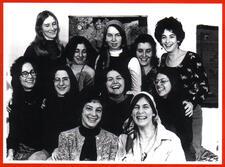
Nancy Miriam Hawley
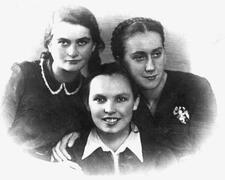
Bela Ya’ari Hazan
On the outbreak of World War II, Bela Hazan escaped her hometown of Rozyszcze, Poland, for Vilna, where she worked as a smuggler for the Dror movement. She was arrested by the Gestapo in 1942 and sent to Auschwitz, where she served as a nurse, then to Ravensbruck, and finally to Leipzig, from which she was liberated. She immigrated to Israel, where she died in 2004.
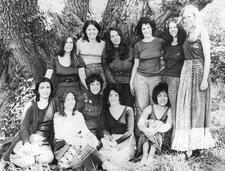
Health Activism, American Feminist
American women have been the “perennial health care reformers.” Women’s health activism has often coincided with other social reform movements. Since the late 1960s, Jewish women have helped create and sustain the women’s health movement through decades of substantial social, political, medical, and technological change.
Carolyn G. Heilbrun
A leader in the American feminist movement, Carolyn G. Heilbrun wrote some of the women’s movement’s most widely read texts, including Toward a Recognition of Androgny (1973) and Reinventing Womanhood (1979). These texts encouraged readers to reconceive the role of women in society and challenge conventional notions of masculinity.
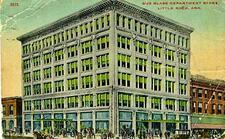
Adele Bluthenthal Heiman
Gladys Heldman
After originally planning to be a medieval historian, Gladys Heldman became a competitive tennis player and later an advocate for women’s tennis. The current generation of women tennis players owe their equal status to her important efforts.
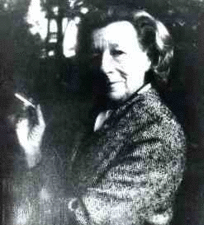
Lillian Hellman
Controversial both during and after her life, Lillian Hellman was one of the leading women of letters of mid-century America and a pioneer woman playwright. Hellman displayed courage not only in writing powerful plays like The Children’s Hour but also in her public refusal to name colleagues to the House Un-American Activities Committee.
Ellen Phyllis Hellmann
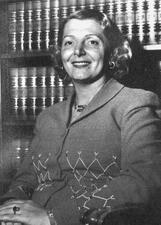
Frieda Barkin Hennock

Diana Mara Henry
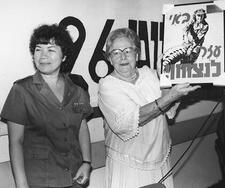
Esther Herlitz
Esther Herlitz was a feminist trailblazer in Israeli politics and diplomacy. She was the first official female Israeli ambassador, among six female Labor Party members who served in the eighth and ninth Knessets, and the first woman to serve on the Committee for Foreign Affairs and Defense. She also helped formulate and ensure the passage of a liberal abortion law in 1977.
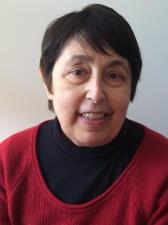
Judith Herman
Dr. Judith Herman was a pioneer in identifying the frequency with which sexual abuse of female children occurs within the family, in the treatment of victims of abuse, and in psychotherapeutic confrontations of abusers.
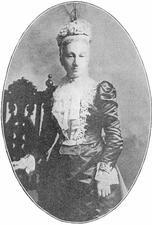
Esther Herrman
Esther Mendels Herrman’s generosity and activism helped create many vital Jewish and secular institutions, from Barnard College (where she is considered a “founder”) to the 92nd Street Y
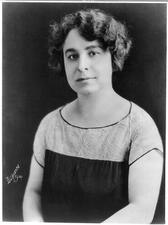
Lillian Herstein
Bertha Beitman Herzog
Bertha Beitman Herzog was an active participant in local and national women’s associations in Cleveland, Ohio. From 1928 to 1930, Herzog served as the first woman president of the Jewish Welfare Federation (later the Jewish Community Federation) in Cleveland, and she received the Charles Eisenmann Award for outstanding community service in 1941.
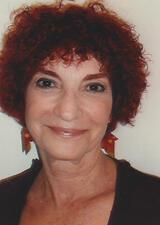
Hanna Herzog
Professor Hanna Herzog is a key advocate for feminism in Israel. Herzog combines academic achievement and social activism, emphasizing the importance of listening to diverse voices and critically examining marginalized people. Her journey into sociology was influenced by her own experiences of marginalization, starting from her time at Reali High School in Haifa, which ultimately led to her interest in research and the pursuit of knowledge.
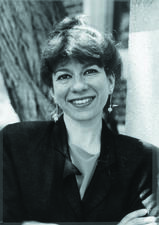
Susannah Heschel

Beth Bowman Hess
Beth Bowman Hess was a feminist sociologist and gerontologist whose leadership, scholarship, teaching, service and mentoring were a model for many women. She brought a humanist and feminist sensibility to gerontology by discussing the difficulties the elderly faced not as problems inherent in older people, but as problems in the social order that should be confronted and changed.


